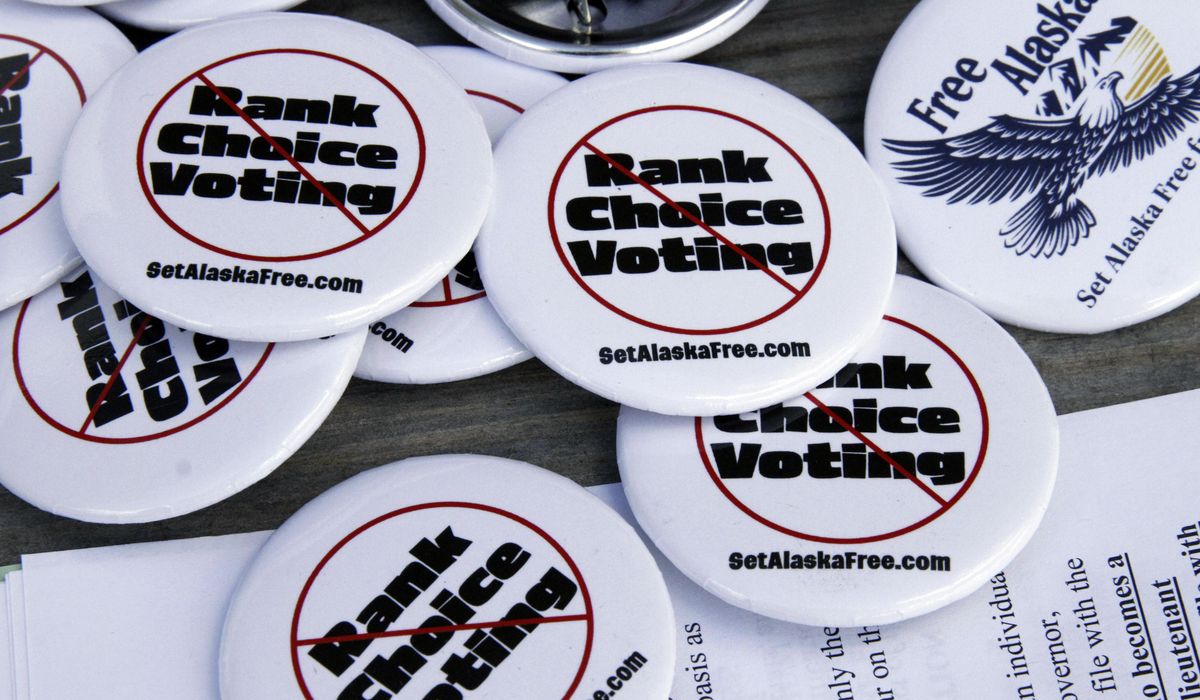


Several states rejected ballot measures this election that would have established ranked choice voting and all-party primary systems in their states.
Seven states had such ballot initiatives, and voters in five states rebuffed the measures. One state is still tallying ballots with the initiative.
In a ranked choice system, the voter can rank candidates from favorite on down. If one candidate has more than half the first-place votes, that candidate wins. If not, the last candidate is out, with his or her voters going to choice No. 2. That continues until a candidate lands majority support.
Missouri’s Amendment 7 passed 68.5% to 31.5% after 98.8% of the vote was tallied. The amendment bans ranked choice voting and requires voters to be U.S. citizens.
Oregon voters rejected Measure 117 59.6% to 40.4% after 73.1% of the vote was counted.
The measure establishes ranked choice voting for primaries and general elections, and the new system will apply to federal and state elections.
In Nevada, after 83.8% of the votes were counted, 54.3% voted against Question 3, which would have implemented top-four, all-party primaries and ranked choice voting in general elections.
Voters in the state approved the measure in 2022, but state law requires constitutional amendments to be approved twice over two straight general elections.
Idaho’s Proposition 1, which would have implemented top-four, all-party primaries and ranked choice voting in general elections, was rejected by 69.4% of voters after 91% of the tally came in.
Colorado voters rejected Proposition 131, which would have established top-four all-party primaries and ranked choice voting in general elections, 55.2% to 44.8% after 72% of the vote was cast.
Alaska implemented a ranked choice voting system and an all-party, top-four primary system four years ago after voters approved Measure 2.
This election cycle, Measure 2 was on the ballot again to repeal the nascent election system and bring back partisan primaries and plurality general elections.
With 75.8% of the vote tallied, the support for repealing Alaska’s Measure 2 leads by 2%.
Only Washington, D.C., residents welcomed ranked choice voting this election after 72.7% of voters cast their ballot in favor of the new election system with three or more candidates, subject to approval of funding by the District of Columbia Council.
It also would let independents vote in any party’s primary.
• Kerry Picket can be reached at kpicket@washingtontimes.com.
